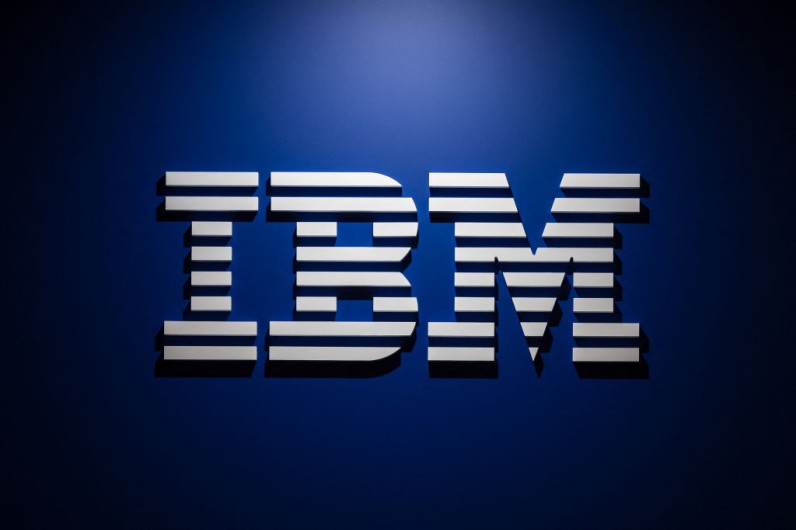
In a major announcement this week, IBM shared plans to invest $150 billion in the United States over the next five years.
The company said the money will support new technology, including making more quantum computers and mainframes in the US.
This move makes IBM the latest tech company to support the US government's push to bring more manufacturing back home.
Other companies like Nvidia and Apple also recently pledged to invest $500 billion each in the US.
IBM, based in Armonk, New York, said it will spend at least $30 billion of the total on building and expanding facilities that make quantum computers and mainframes, NY Times said.
These powerful machines handle big jobs, like running complex programs and working with huge amounts of data.
"With this investment and manufacturing commitment, we are ensuring that IBM remains the epicenter of the world's most advanced computing and AI capabilities," said IBM CEO Arvind Krishna.
Quantum computers are not like regular computers. They use special science to solve problems that normal machines can't, and much faster.
🚨Good Monday. IBM just announced it will invest $150 billion over the next five years in its U.S.-based growth and manufacturing operations. Hell yes! Buy American products!pic.twitter.com/RTBBwexK3g
— AJ Huber (@Huberton) April 28, 2025
Read more: IBM Set to Acquire HashiCorp in Possible Mega-Deal, Stock Skyrockets 24% to $6.1 Billion Valuation
IBM Expands Quantum Fleet as US Pushes Local Manufacturing
IBM already runs one of the largest fleets of these systems in the world. The company hopes its investment will keep it in the lead as technology grows.
Some experts, though, think these big investment numbers may also be meant to show support for President Trump's focus on American-made products.
"The bombastic figure is more likely a gesture towards the US administration," said Gil Luria, an analyst at D.A. Davidson. He added that companies may be using these pledges to avoid problems from trade conflicts or new tariffs.
According to Reuters, the Trump administration has been encouraging companies to make more products in the US and rely less on factories in other countries.
Though many electronics, like phones and chips, have avoided tariffs so far, the pressure has increased.
IBM's move comes at a time when many companies are facing new rules and cost cuts from the government. Last week, IBM said 15 of its federal contracts were canceled. That hit the company hard, even though it had shared a strong earnings forecast earlier.
Still, with $14.8 billion in cash at the end of last year and a growing role in the tech world, IBM's big bet on US innovation could shape the future of advanced computing.







Join the Conversation